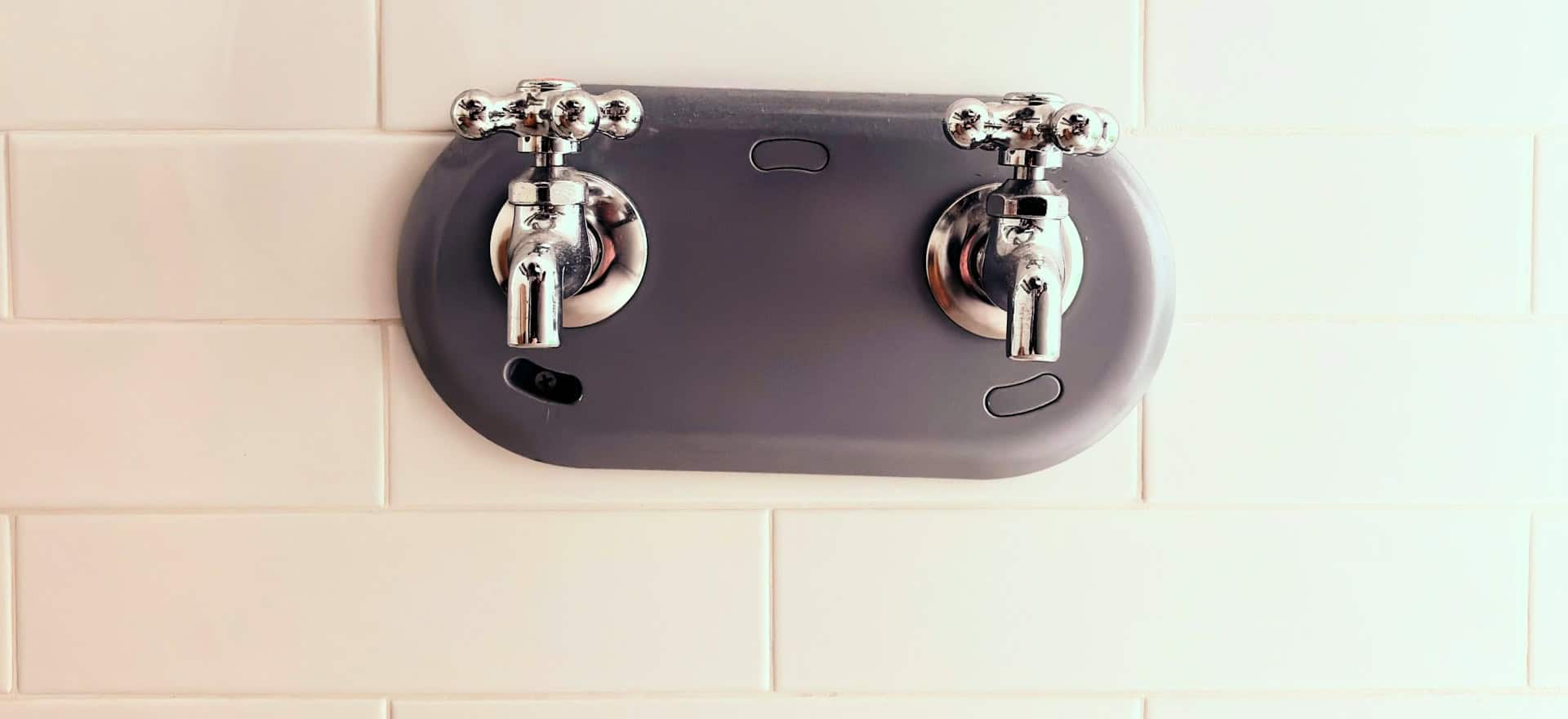Later this week OFWAT, the water company regulator, will rule on proposed increases to household water bills to help repair and modernise crumbling infrastructure.
As reported by OnTheWight in May 2024, Southern Water had requested to increase customers’ bills by 91 per cent over the next five years.
73 per cent rise over five years
However, it now looks as though OFWAT are ready to approve a rise of almost 73 per cent.
Could this have been one of those situations where a higher amount is requested, so it doesn’t look quite as bad when a lower (but still high) increase is approved?
If approved, this would take an average annual bill for water and wastewater of £420 in 2024-25 to around £726 in 2029-30, a rise of 72.87 per cent.
Funding upgrades to infrastructure
Southern Water say the increases will fund spending over the next five years, which will include replacing ageing, leaking pipes and reducing sewage discharges into rivers and seas.
Earlier this year the water company outlined £21.5 million investment in Isle of Wight infrastructure over the next five years.
Labour promises
Back in May, prior to being elected as Labour MP for Isle of Wight West, Richard Quigley, told OnTheWight,
“The Labour Party will introduce tough measures including, cutting discharges by 90%, giving the water regulator powers to block the payment of any bonuses until water bosses have cleaned up their filth.
“Water bosses who oversee repeated law-breaking will face criminal charges.
“Ending self monitoring and forcing all companies to monitor every single water outlet under independent supervision so companies can no longer cover up illegal sewage dumping. Introducing severe and automatic fines that water companies can’t afford to ignore for illegal sewage discharges.”
The new environment secretary, Steve Reed, has already written to the regular insisting they make sure any funding for infrastructure is ring-fenced, and not used for bonuses, dividends or salary increases.





